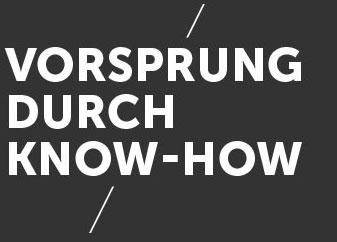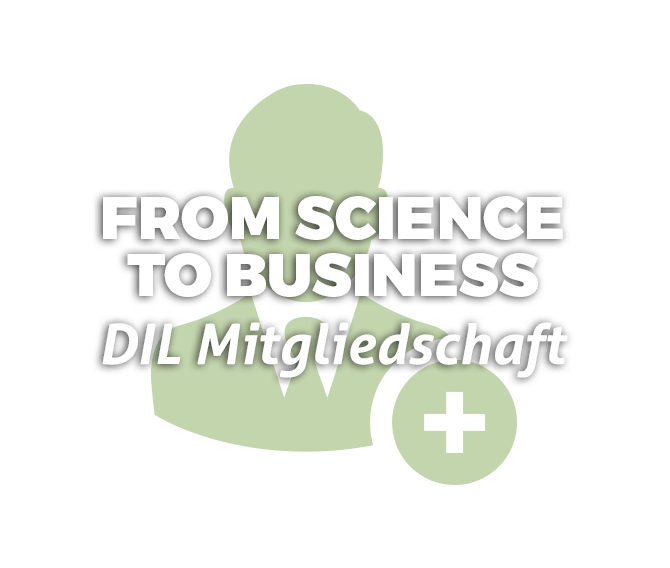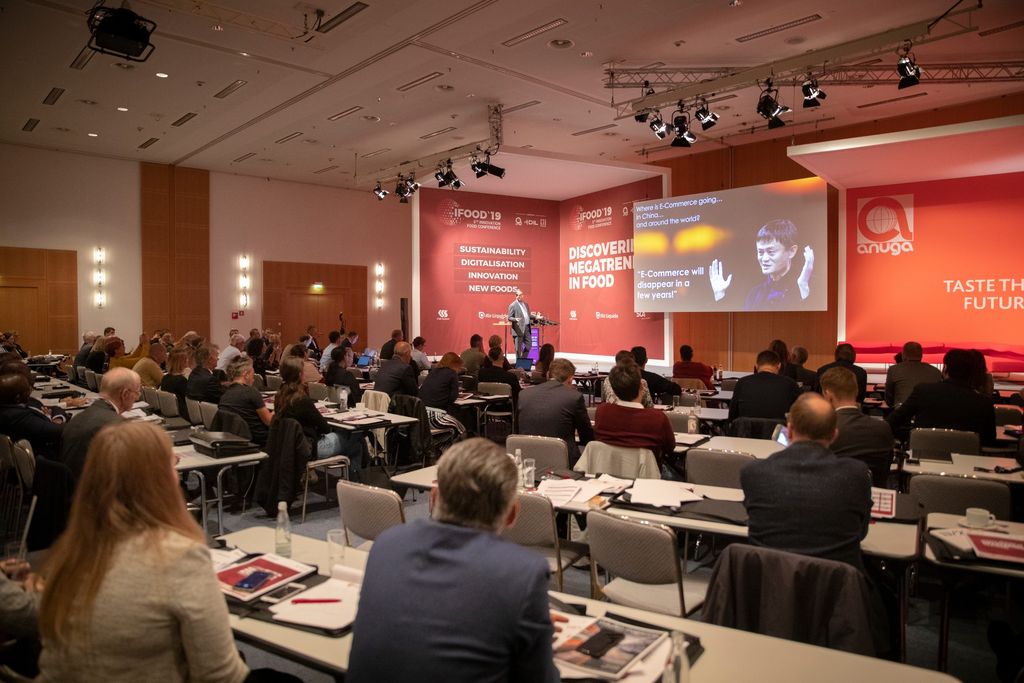The fifth Innovation Food Conference at the ANUGA Food Fair in Cologne, organised by DIL Deutsches Institut für Lebensmitteltechnik e. V. (German Institute of Food Technologies), took a closer look at megatrends in the food sector. Around 200 international guests took part in the event. In four excit-ing sessions, the participants learned more about the topics sustainability, digitisation, innovation and new food. Director and Chairman of DIL, Dr. Volker Heinz, moderated the event and was delighted about the lively exchange: "These days the food system resembles a jigsaw puzzle which is extended by many new pieces. This complexity of the system does not allow for simple solutions".
Trend researcher Hanni Rützler (futurefoodstudio) from Vienna added with the first presentation: "In the future there will no longer be taste, but rather tastes. The forms of nutrition are becoming more and more diverse in the current time of food abundance".
Sustainability not just a topic in the first session
The first session of the iFood Conference dealt with the topic of sustainability and concepts for sustainability in food. Dr. Klemens van Betteray (CSB System AG) criticized the lack of communication flow to the consumer, so that sustainability efforts are not truly perceived.
Marc Buckley (United Nation Development Programme) called for a change of direction in the food industry: "Many technologies have already been researched but still need to be brought together. The agri-food industry, with its massive waste of food, is one of the biggest drivers of global climate change.”
Digitisation as a solution for food waste?
The second session, Digitalization, dealt with the possibilities of digitization by using blockchain and artificial intelligence in the food industry. The lecture by Axel Arras (FPT Food Process Technology Co. Ltd.) and Jörg Brezl (SLA Software Logistik Artland GmbH) gave examples for more intelligent food production through the use of artificial intelligence and the linking of individual production steps. This Smart-Food-Factory can prevent food waste and overproduction as well as the use of plastic between different production steps. As an operative example, the so-called Bluebox was presented which can be tracked via a chip in every production step within a company.
In his presentation, Daniel Köhnen (Metronom GmbH) explained how collected data is synchronized in clouds and archives and how it enables big data solutions. The flexible use of data from archives can avoid migration costs for new systems.
The third speaker of the session, Terry von Bibra (Alibaba Group Holding Ltd.), provided interesting insights into the food trade in China: 731 million people are online in China. The smartphone plays a significantly more important role: 90 percent of Chinese use only their smartphone to access the Internet. This is precisely why high-quality products from abroad are currently of interest to Chinese people, with which they can satisfy their personalised needs.
Collaborative innovations for solving major challenges
Dr. Béatrice Conde-Petit (Bühler AG) opened the third session, Innovation. Her presentation focused on collaborative innovations and the need for honest cooperation in order to unite technologies and to meet the major challenges of the food value chain. To this end, it is also important to improve food safety by protecting the value chain from risks and by eliminating existing ones.
The presentation by Dr. Olaf Gruess (General Mills Inc.), who put a focus on the entrepreneurial idea, pointed in the same direction. The cooperation with start-ups should be intensified to integrate new innovations in the food market. In this regard, products from food side streams may be an interesting field for start-ups.
Dr. Matthias Moser (Stern-Wywiol Gruppe) focused on innovative solutions to meet people's protein needs without conventional meat consumption. The increasing world population necessitates meat alternatives to feed mankind.
At the end of this session, Daniel Zoll offered an insight into his work as Content Creative. With courage and authenticity, social media platforms such as Instagram offer many opportunities to identity market trends, place products and perceive customer wishes.
New Foods and New Trends in the global food market
The last session, New Foods, focused on exciting new products for the food market. Each speaker could briefly present the special features of his or her corporate activities before the latter were debated in an exciting panel dis-cussion with many questions from conference attendees.
At the beginning, Malgorzata Fijalkowska (Protix B.V.) presented insects as an alternative protein source and a new sustainable food category.
Udi Lazimy (JUST) talked about the alternative plant-based breakfast egg and offered an outlook on the first artificially produced Chicken-McNugget which shall be launched next year.
Didier Toubia (Aleph Farms Ltd.) presented the progress made on in-vitro meat and announced his special ambition: The start-up Aleph Farms is trying to produce in-vitro meat on the ISS.
For moderator Dr. Volker Heinz, the trade fair was a complete success, and one thing above all was emphasized: "The food system is undergoing a great deal of transformation with disruptive changes. With the aspect of sustainability, we cannot treat the food system with the laissez-faire idea but need innovations to replace conventional products".
The next Innovation Food Conference is scheduled for 2021.






